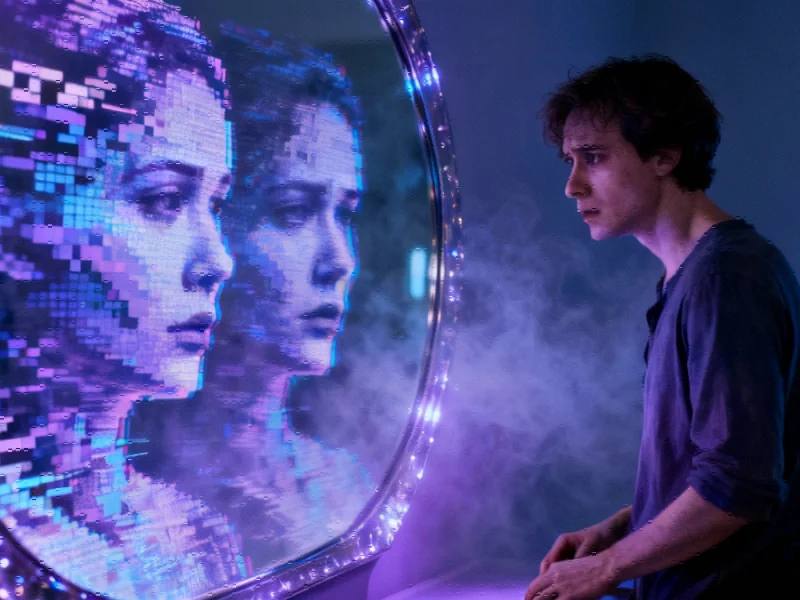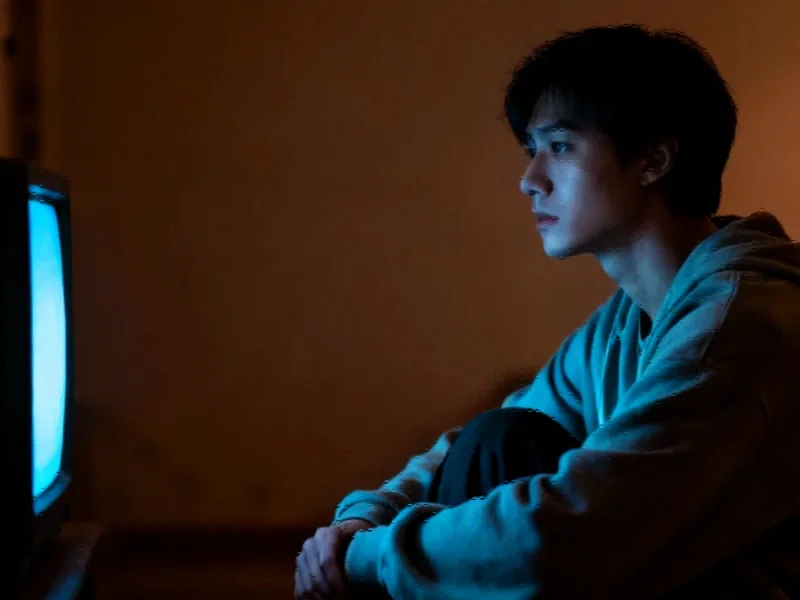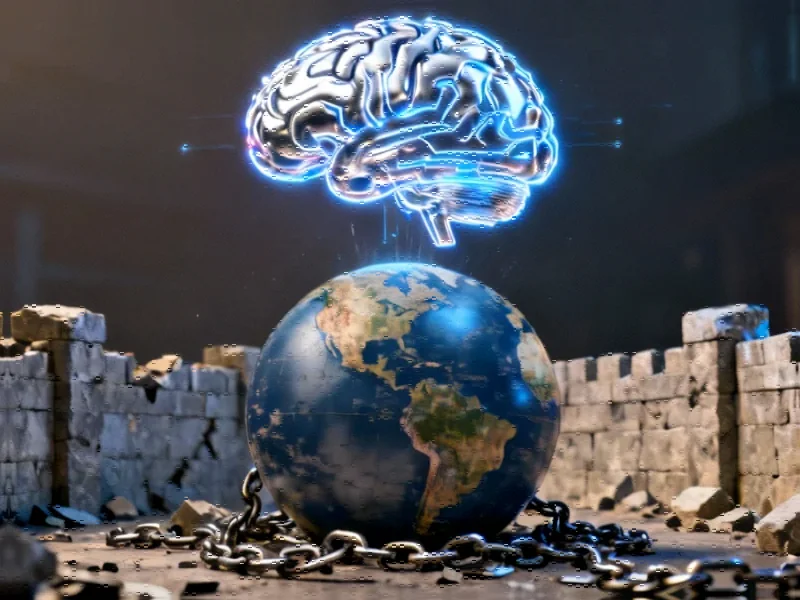OpenAI’s Proactive Response to Deepfake Concerns
In a significant move addressing growing concerns about artificial intelligence ethics, OpenAI has announced a comprehensive partnership with prominent entertainment industry figures and organizations. The collaboration comes directly in response to incidents involving unauthorized deepfake content featuring actor Bryan Cranston on OpenAI’s Sora 2 video generation platform. This alliance represents one of the most substantial industry-AI developer partnerships to date, setting new precedents for responsible AI development in creative fields.
The Catalyst: Unauthorized Content Sparks Industry Action
The initiative gained urgency when unauthorized AI-generated clips utilizing Bryan Cranston’s voice and likeness surfaced on Sora 2 shortly after its late-September launch. The “Breaking Bad” star joined forces with SAG-AFTRA to address what they identified as a critical threat to performers’ rights in the digital age. Cranston emphasized the importance of this collaboration, stating his appreciation for OpenAI’s willingness to enhance protective measures while respecting artists’ control over their professional identities.
This development occurs alongside other significant industry developments that are shaping how technology companies approach content protection and creator rights.
Expanding the Protective Network
OpenAI’s commitment extends beyond SAG-AFTRA to include major talent representation organizations. United Talent Agency (Cranston’s representatives), the Association of Talent Agents, and Creative Artists Agency have all joined the initiative to strengthen guardrails against unapproved AI generations. This multi-organizational approach creates a comprehensive framework for addressing deepfake concerns from multiple industry perspectives.
These protective measures align with broader related innovations in digital content management that are emerging across the technology landscape.
Historical Context and Previous Tensions
The partnership follows previous criticism from CAA and UTA regarding OpenAI’s use of copyrighted materials. These agencies had previously identified Sora as presenting significant risks to their clients’ intellectual property and professional livelihoods. The current collaboration suggests a meaningful shift toward addressing these concerns through cooperative rather than adversarial means.
This evolution in approach mirrors other recent technology sector adaptations where initial industry skepticism has transformed into productive partnerships.
Technical Implementation and Future Safeguards
While specific technical details remain under development, the partnership aims to implement robust verification systems and content moderation protocols. These measures will likely include advanced detection algorithms for unauthorized likeness usage and streamlined processes for content removal. The collaboration also establishes precedent for how AI companies might proactively address ethical concerns before they escalate into larger controversies.
The importance of reliable digital infrastructure in supporting such initiatives is highlighted by market trends emphasizing system stability and security.
Broader Implications for AI and Creative Industries
This partnership establishes several important precedents for AI-development ethics:
- Voluntary industry collaboration before regulatory mandates
- Proactive protection of performer rights and likeness
- Multi-stakeholder approach involving creators, representatives, and developers
- Technical solutions developed in consultation with affected parties
These developments reflect a growing recognition within the technology sector that responsible innovation requires addressing potential harms before widespread adoption. The approach demonstrates how personalized technology must balance innovation with individual rights protection.
Looking Forward: A New Model for AI Development
OpenAI’s partnership with entertainment industry leaders represents a potential turning point in how AI companies approach content generation ethics. By working directly with affected parties to implement protective measures, the company sets a standard that other AI developers will likely need to follow. As AI capabilities continue to advance, such collaborative frameworks may become essential components of responsible technology development.
The resolution also suggests that through constructive dialogue, technology companies and creative professionals can develop mutually beneficial approaches to emerging challenges, potentially avoiding the legal conflicts that have characterized previous technological disruptions in creative fields.
This article aggregates information from publicly available sources. All trademarks and copyrights belong to their respective owners.
Note: Featured image is for illustrative purposes only and does not represent any specific product, service, or entity mentioned in this article.



